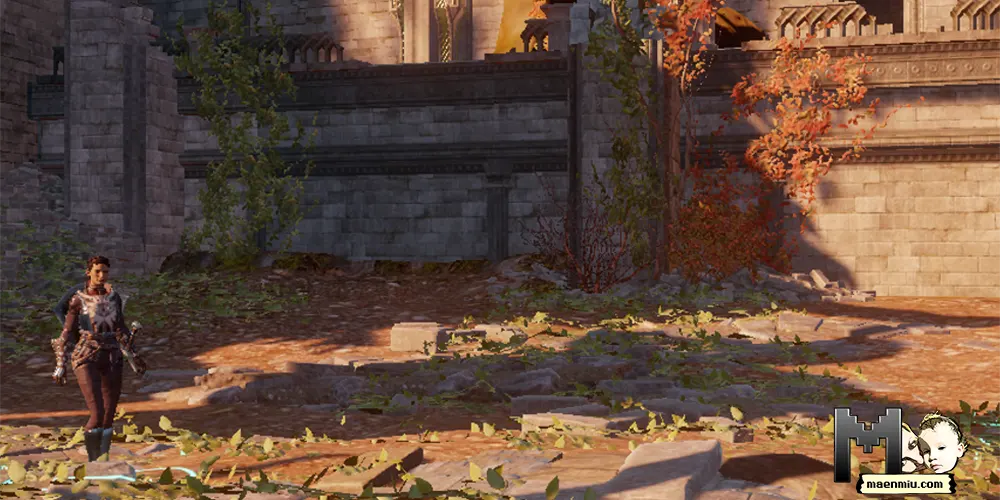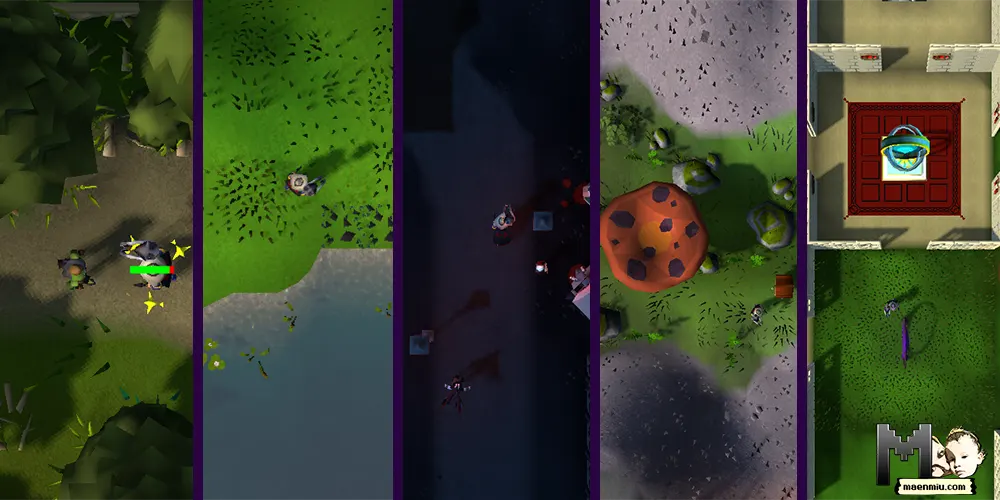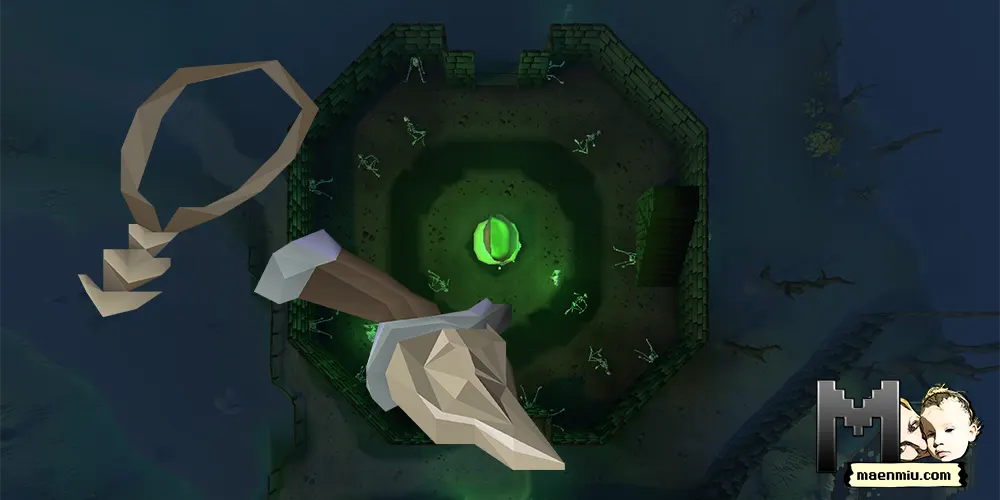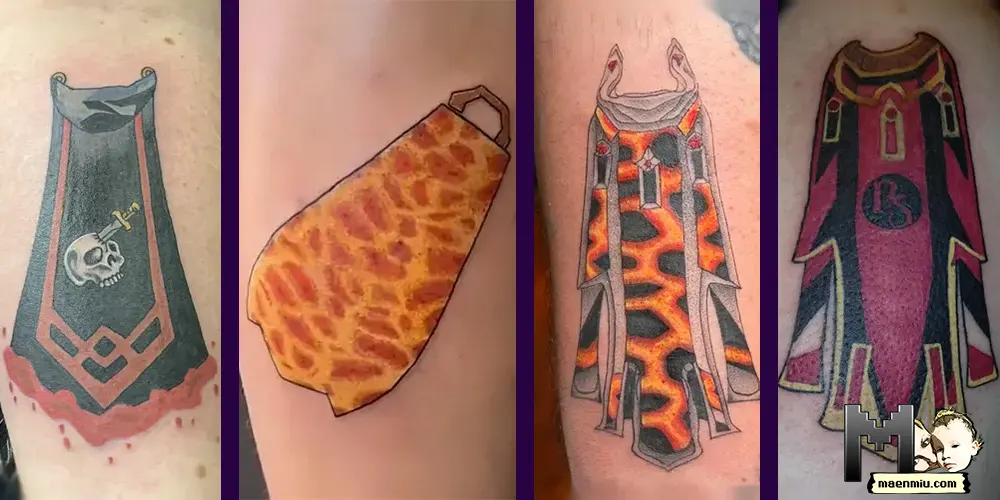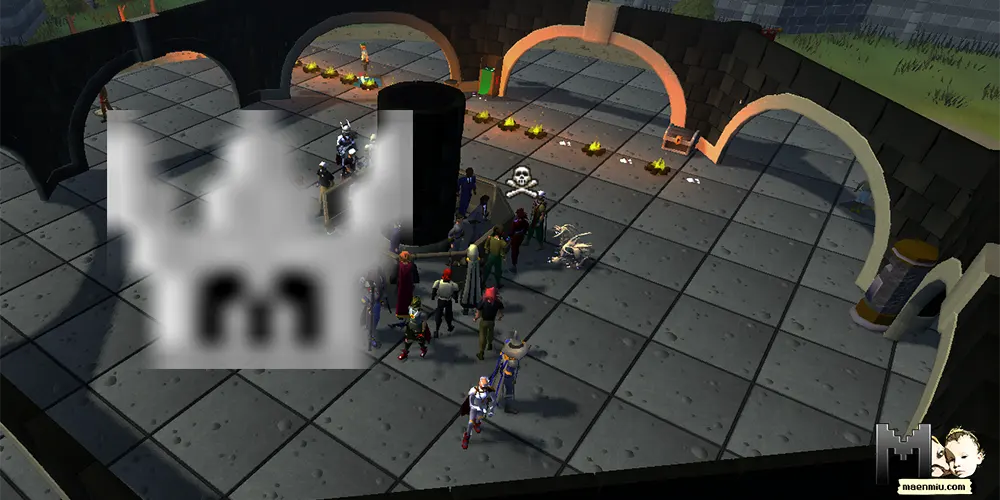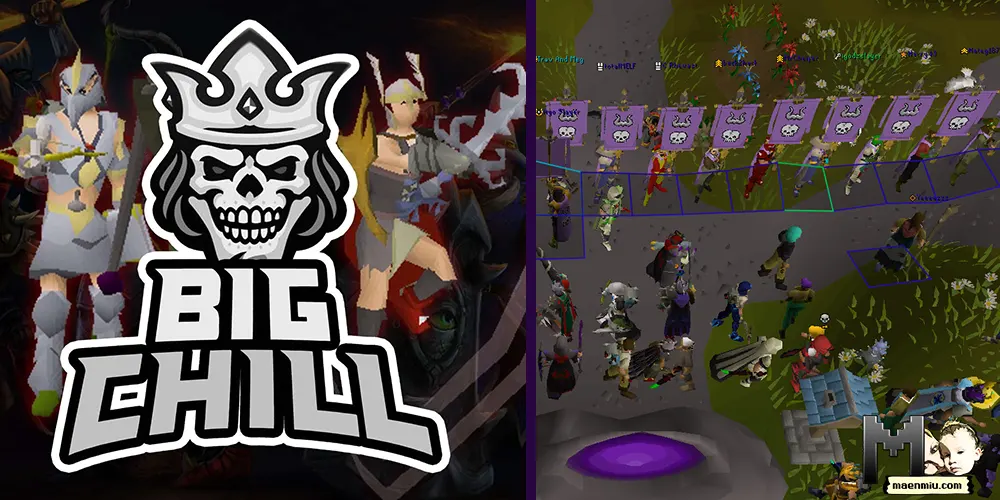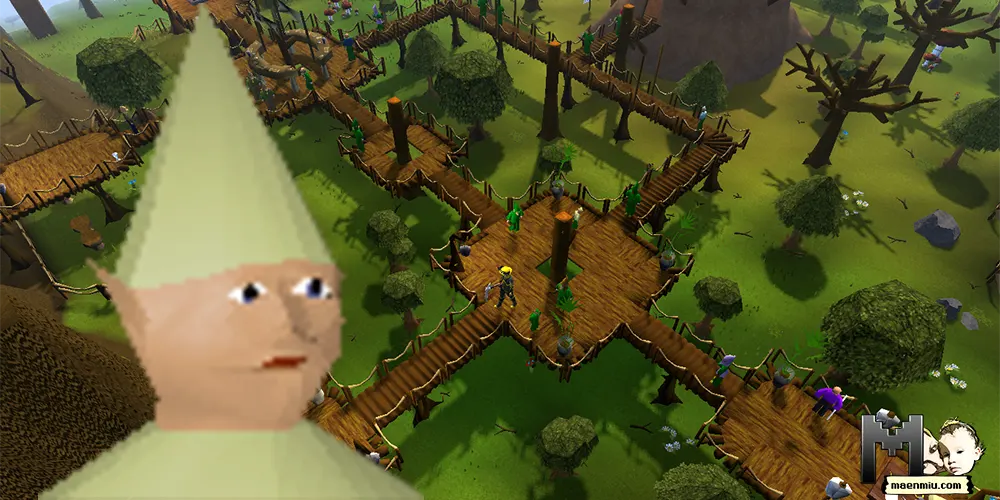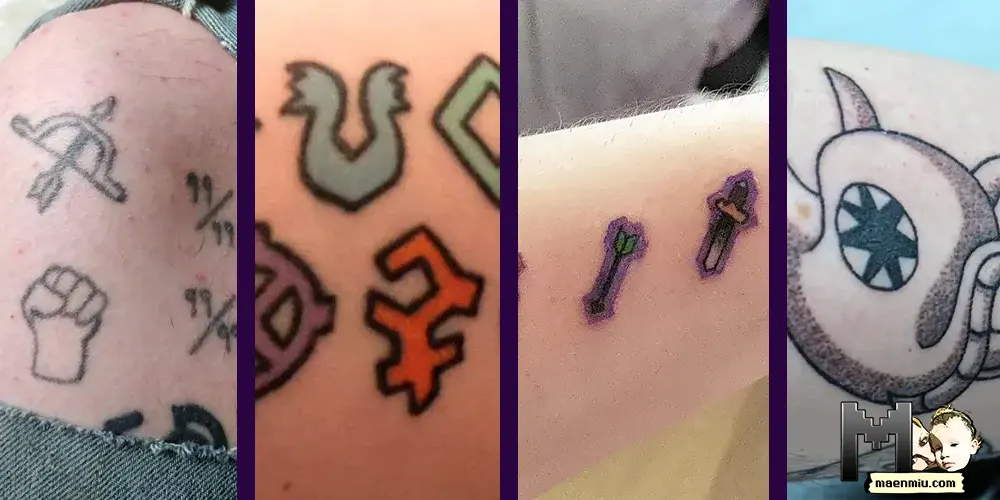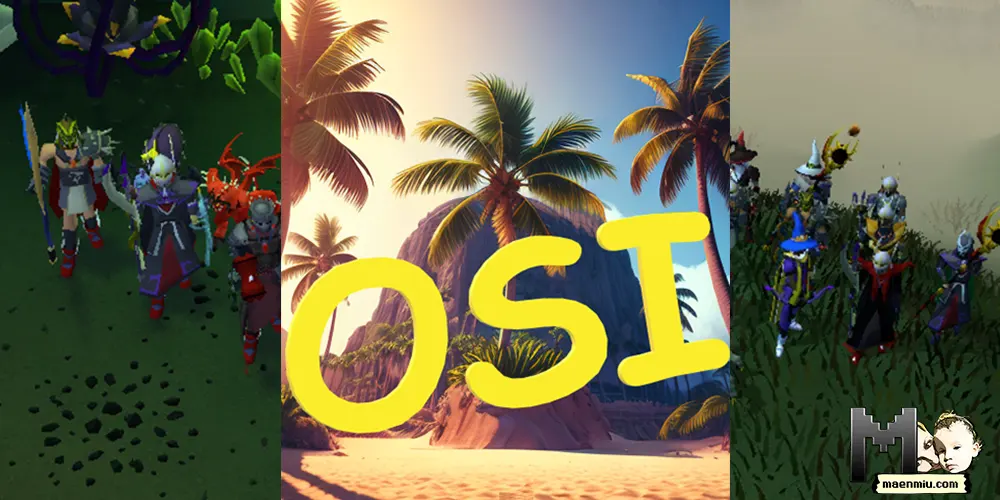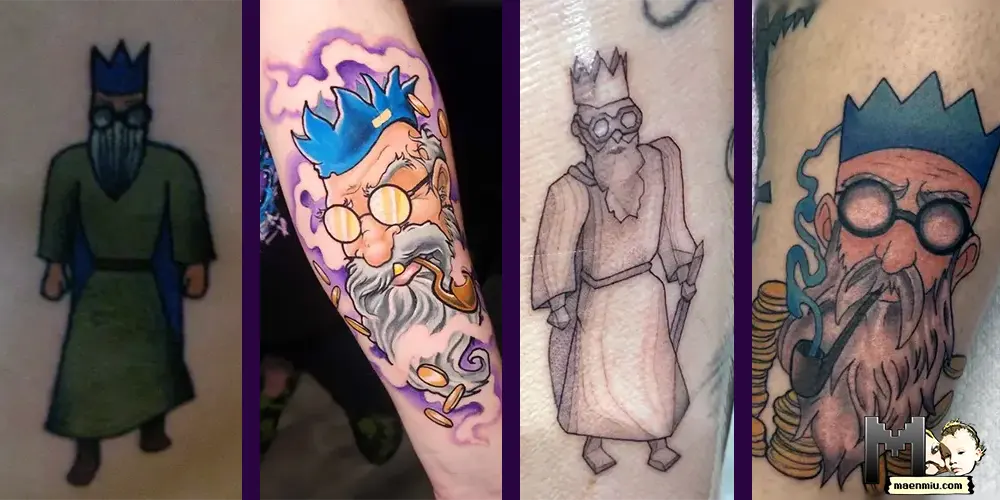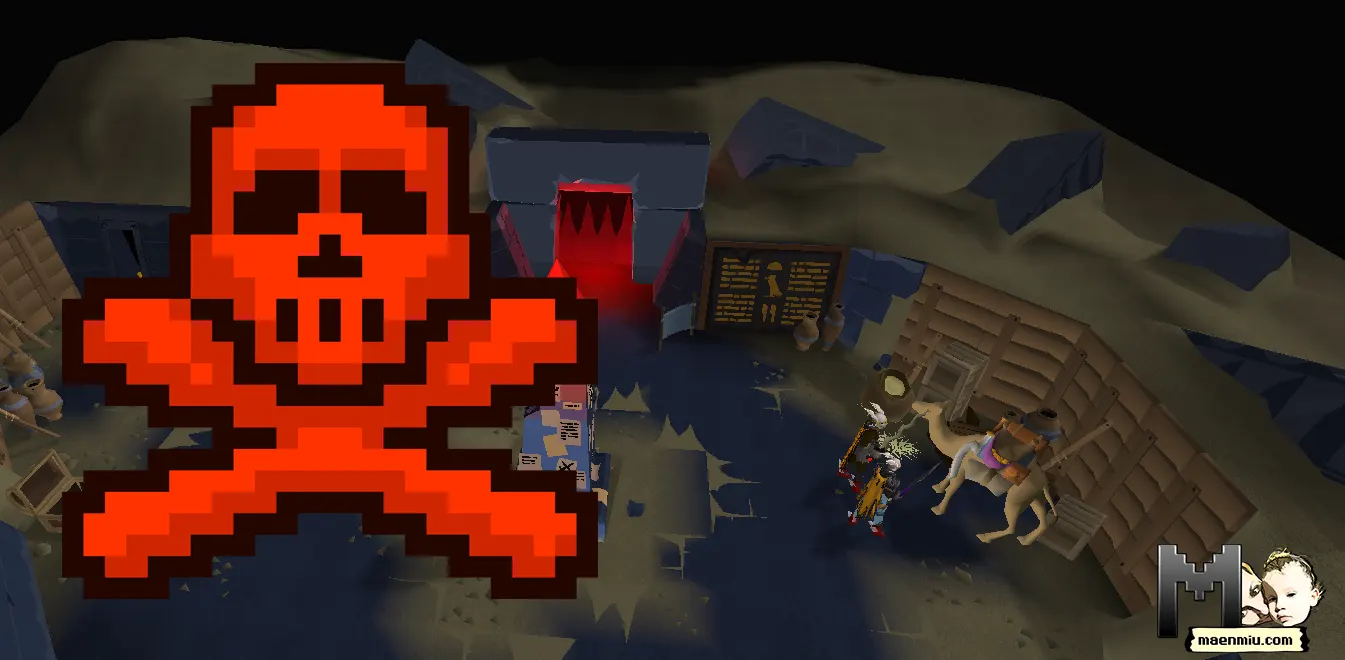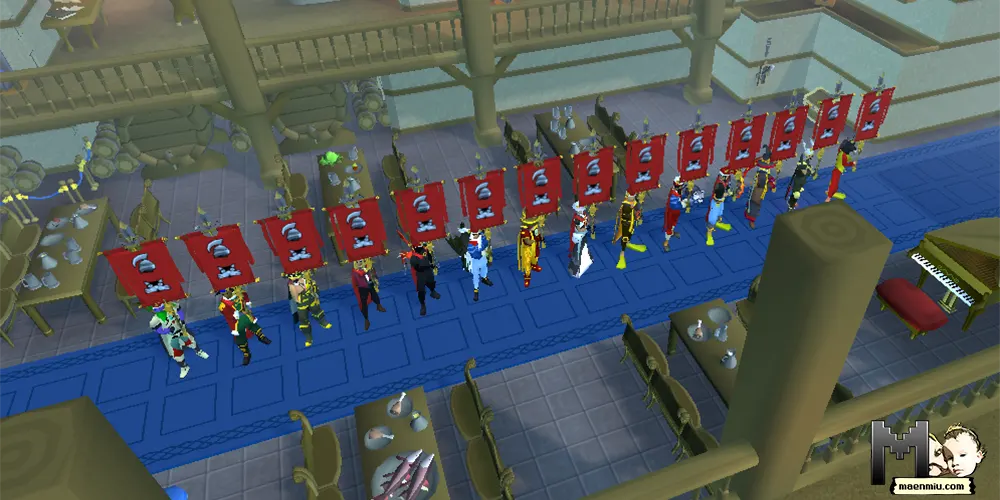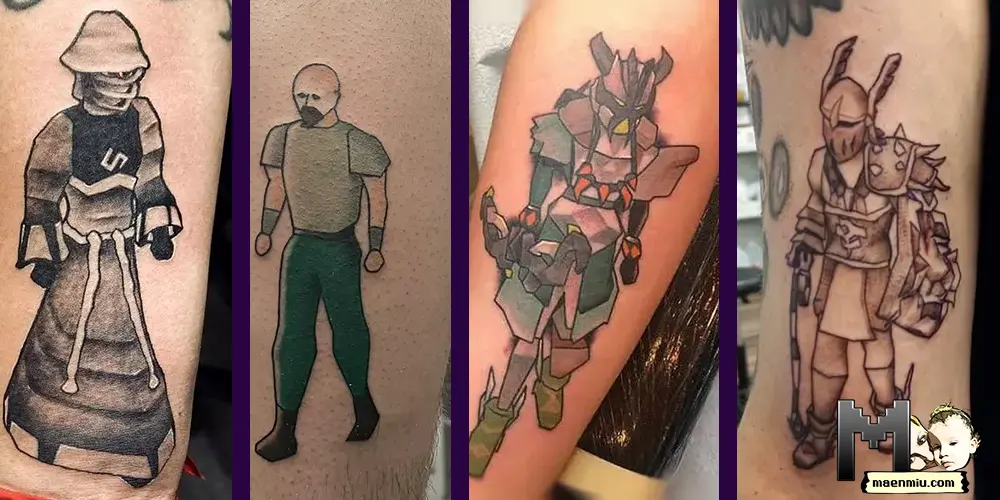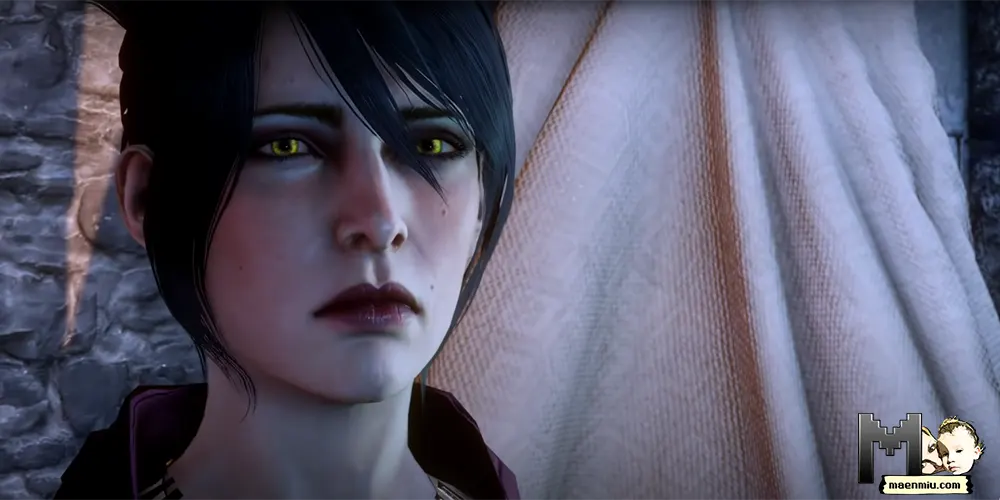
The phenomenon of connecting with virtual characters in video games has taken on new dimensions in the Dragon Age series. A game that allows players to form deep emotional bonds, fostering a space where the experience of romance resonates with real-life dynamics, particularly reflecting aspects of demisexuality stands as proof for two ideas: deep emotional connections can be created if the right ingredients are there, but what are the moral implications of replacing human connection with game romances?
You might like

Romance in Dragon Age
The Dragon Age series offers a meticulously designed world filled with compelling characters. Romance is not just a side feature but an integral part of the narrative. Players can choose to court different non-playable characters (NPCs), each with unique backgrounds, personalities, and values. These relationships are formed through shared experiences, moral choices, and prolonged interactions, reflecting the nuances and complexity of real-life romantic relationships. Each of the games in the series has a few romance choices, as well as characters you couldn’t romance, or couldn’t romance unless your own character had a specific gender. The romance part of the game also contributes a lot to the replayability of the game. It is a very fair assumption that Dragon Age Dreadwolf will also feature a few romance storylines.
Demisexuality
Demisexuality, a term that represents individuals who only feel sexual attraction after forming a strong emotional connection, finds a unique representation in Dragon Age. Players must invest time and energy into knowing the characters and nurturing relationships, aligning with the experience of those on the demisexual spectrum. This slow and methodical process of building a connection echoes the real-life experience of demisexual individuals, allowing them to see themselves reflected in the game.
The Process of Falling in Love in Dragon Age
Dragon Age not only allows players to forge friendships but also to fall in love. Characters are multi-dimensional, with rich histories and personal quests that the player can explore. As the story unfolds, the player builds trust, understanding, and eventually, affection. These virtual relationships evolve, mirroring real-life romantic experiences, from initial curiosity to profound emotional attachment.
Parasocial Relationships
The game’s design leads to what psychologists term as ‘parasocial relationships’, where players develop deep connections with virtual characters. These connections are similar to relationships people have with celebrities or fictional characters in other media. The Dragon Age series provides an avenue for these one-sided relationships to flourish, allowing players to feel true empathy, companionship, and even love for these characters.
The allure of the Dragon Age series isn’t solely rooted in its captivating plots or the expansive worlds it crafts but is profoundly tied to the intricately developed characters that reside within it. As players navigate the vast landscapes of Thedas, they also journey through complex emotional terrains, getting to know the histories, desires, fears, and aspirations of each character they encounter. This depth of character development, combined with player-driven interactions, choices, and dialogues, fosters a level of emotional intimacy rarely achieved in video games. For many, the lines between the virtual and the real blur, leading to genuine feelings of attraction, affection, and love towards these fictional beings.
This phenomenon isn’t merely an infatuation with a well-designed character model or admiration for their skills but a deeper emotional bond formed through shared virtual experiences. Dragon Age places its characters in challenging situations, often forcing them to reveal their vulnerabilities, strengths, and moral inclinations. As players navigate these scenarios alongside them, they become invested in their well-being, sharing in their joys, sorrows, and triumphs. Over time, this continuous investment evolves into a deep emotional attachment that feels strikingly similar to falling in love in the real world. The game’s ability to facilitate such profound connections speaks volumes about its narrative prowess and offers insight into the human capacity to form bonds beyond the constraints of physical reality.
Exploring Identity
Beyond mere entertainment, Dragon Age offers a space for self-discovery and exploration of one’s sexual and emotional identity. Particularly for those who may be grappling with questions about their sexuality or are identifying as demisexual, the game provides a controlled, empathetic space to experiment and understand their feelings. It enables players to connect with characters that reflect different aspects of themselves, fostering personal growth and self-awareness.
AI love in future Dragon Age games?
The advent of Artificial Intelligence (AI) in the gaming world presents a plethora of opportunities, especially when it comes to deepening player-character interactions. For a series like Dragon Age, which is already renowned for its intricate character relationships and player-driven narratives, integrating a ‘love AI’ could elevate the gaming experience to unparalleled dimensions. This technology would not just rely on scripted scenarios or preset dialogues but would harness machine learning to adapt, evolve, and respond to individual player interactions. Over time, characters could learn from players’ choices, preferences, and even dialogue patterns, tailoring their responses in ways that feel genuinely organic, creating a unique romance narrative for every player.
A love AI could truly revolutionize the player’s relationship with in-game characters in Dragon Age. Instead of following a preset path to romance a character, players would find themselves navigating the complexities and unpredictabilities that mirror real-life relationships. An AI-driven character might remember past interactions, express jealousy, show nuanced emotions, or even have moments of unpredictability, mirroring the complexities of real-world relationships. This depth of interaction would make the gaming experience deeply personal, as the AI’s ability to ‘remember’ and ‘learn’ would mean each player’s journey is truly individual. The fusion of AI with the world of Thedas would not only redefine romance in gaming but could also set a benchmark for how video games simulate human connections in the future.
Final thoughts
The Dragon Age series transcends traditional gaming, forging a link between virtual and real-world romance. Its nuanced portrayal of relationships, particularly mirroring aspects of demisexuality, offers an enriching, empathetic, and complex experience. By simulating the process of falling in love, it challenges our understanding of emotional connections and offers a new perspective on human relationships. Through its intricate narratives and character development, it opens up avenues for personal exploration and helps redefine the role of video games in our emotional lives.
I created this article with the partial assistance of an AI tool. Learn about my view on AI and why I’m telling you about it.

